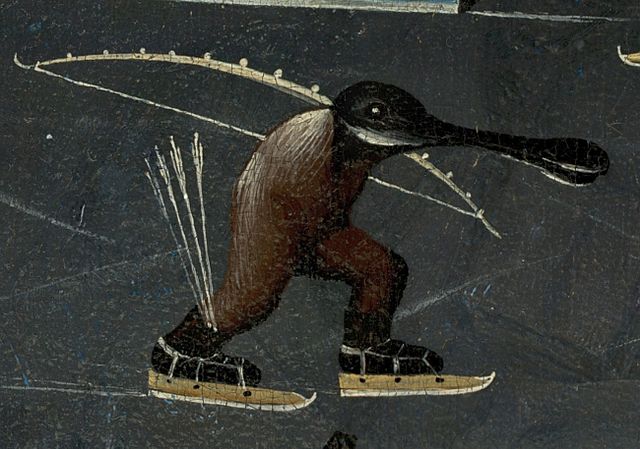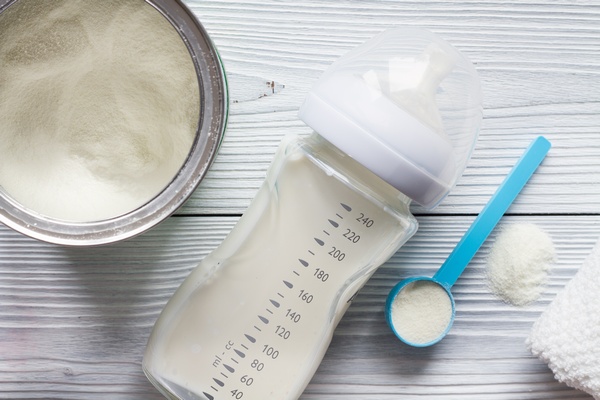For example, many insects such as bees and ants will instinctively remove dead members from the hive, seemingly to keep the nest clear of any potential pathogens. Research from a team at University of Michigan describes a similar aversion for decedents among the roundworm C. elegans. They’ve discovered that the presence of dead members of their species has profound behavioral and physiological effects, leading the worms to more quickly reproduce and shortening their lifespans. “We felt this was quite a unique opportunity to start diving into what is happening mechanistically that enables C. elegans to detect a dead conscript and…
-
-
Plasma — the electrically charged fourth state of matter — is at the heart of many important industrial processes, including those used to make computer chips and coat materials. Simulating those plasmas can be challenging, however, because millions of math operations must be performed for thousands of points in the simulation, many times per second. Even with the world’s fastest supercomputers, scientists have struggled to create a kinetic simulation — which considers individual particles — that is detailed and fast enough to help them improve those manufacturing processes. Now, a new method offers improved stability and efficiency for kinetic simulations…
-
Going into nature, how long does it take till you feel like you’re there? There meaning not sending emails in your head and not wincing at shifts of temperature or humidity when sun turns to rain? There’s a comfort that comes over you. Hands and the heart are no longer so far apart and pulling a thorn out of your flesh is an afterthought. Working a Grand Canyon rafting trip this month, I listened to familiar conversation from participants, some mentioning it takes a day or two to let their shoulders down. On day five some are still trying to…
-
As the national debate intensifies around immigration, a new study from the University of California School of Global Policy and Strategy is challenging conventional wisdom about “brain drain” — the idea that when skilled workers emigrate from developing countries, their home economies suffer. Published in Science, the paper reveals high-skilled emigration from developing countries may actually boost economic development, human capital and innovation in migrants’ countries of origin. With the U.S. undergoing sweeping immigration policy shifts — which include tighter work visa rules, student visa restrictions and return migration barriers — the new research highlights how these changes will reverberate…
-
A research team led by Professor Randolf Pohl from the Institute of Physics at Johannes Gutenberg University Mainz (JGU) has achieved a significant breakthrough in determining fundamental properties of atomic nuclei. For the first time, the team conducted laser spectroscopy experiments on muonic helium-3 at the Paul Scherrer Institute in Switzerland. Muonic helium-3 is a special form of helium in which the atom’s two electrons are replaced by a single, much heavier muon. Yesterday, the results have been published in the journal Science. “Our experiments with muonic helium-3 provide the most accurate value to date for the charge radius of…
-
Researchers led by Maike Sander, Scientific Director of the Max Delbrück Center, have developed a vascularized organoid model of hormone secreting cells in the pancreas. The advance, published in Developmental Cell, promises to improve diabetes research and cell-based therapies. An international team of researchers led by Max Delbrück Center Scientific Director Professor Maike Sander has for the first time developed an organoid model of human pluripotent stem cell-derived pancreatic islets (SC-islets) with integrated vasculature. Islets are cell clusters in the pancreas that house several different types of hormone-secreting cells, including insulin-producing beta cells. Researchers in the Sander lab at the…
-
Blue phosphorescent OLEDs can now last as long as the green phosphorescent OLEDs already in devices, University of Michigan researchers have demonstrated, paving the way for further improving the energy efficiency of OLED screens. “This moves the blues into the domain of green lifetimes,” said Stephen Forrest, the Peter A. Franken Distinguished University Professor of Electrical Engineering and corresponding author of the study in Nature Photonics. “I can’t say the problem is completely solved — of course it’s not solved until it enters your display — but I think we’ve shown the path to a real solution that has been…
-
Skating monster by Hieronymus Bosch, Wikimedia Commons This first ran January 3, 2019. I don’t know if Emily ever bought disability insurance or not. — Ed. “This is a nightmare,” I said to my boyfriend as we walked up to a skating rink in El Dorado Hills, California. The “Family Friendly Winter Wonderland” was in a shopping mall surrounded by faux-Tuscan mansions, and the rink was packed from barrier to barrier. Pete promised peppermint bark and beer if I stuck with our plan, though, so we went ahead and rented skates. A miniature choo-choo train chugged around the perimeter of…
-
As sea levels climb and weather grows more extreme, coastal regions everywhere are facing a creeping threat: salt. Salinization of freshwater and soils adversely affects 500 million people around the world, especially in low-lying river deltas. A new study led by researchers at the University of Portsmouth, in partnership with Dhaka University and Curtin University, sheds light on how rising oceans are pushing saltwater into freshwater rivers and underground water sources in the world’s largest river mouth — the Bengal Delta in Bangladesh. Drawing on nearly two decades of data from over 50 monitoring stations in coastal Bangladesh, the team…
-
Breastfeeding can play an especially important role in early-life nutrition. It can benefit children’s future school performance and economic prospects in later life, as well as the mother’s health. Health authorities across the world endorse the World Health Organization’s (WHO) recommendation that newborns should where possible exclusively breastfeed from the first hour of life until six months of age, and thereafter receive safe and nutritious foods with continued breastfeeding up to two years of age or beyond. Despite this, our recent study shows that global commercial milk formula sales are booming. Between 2005 and 2019, world milk formula sales more…



